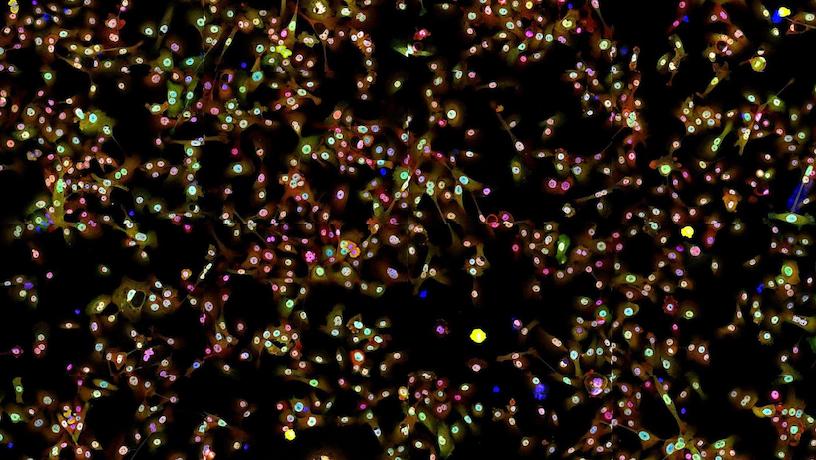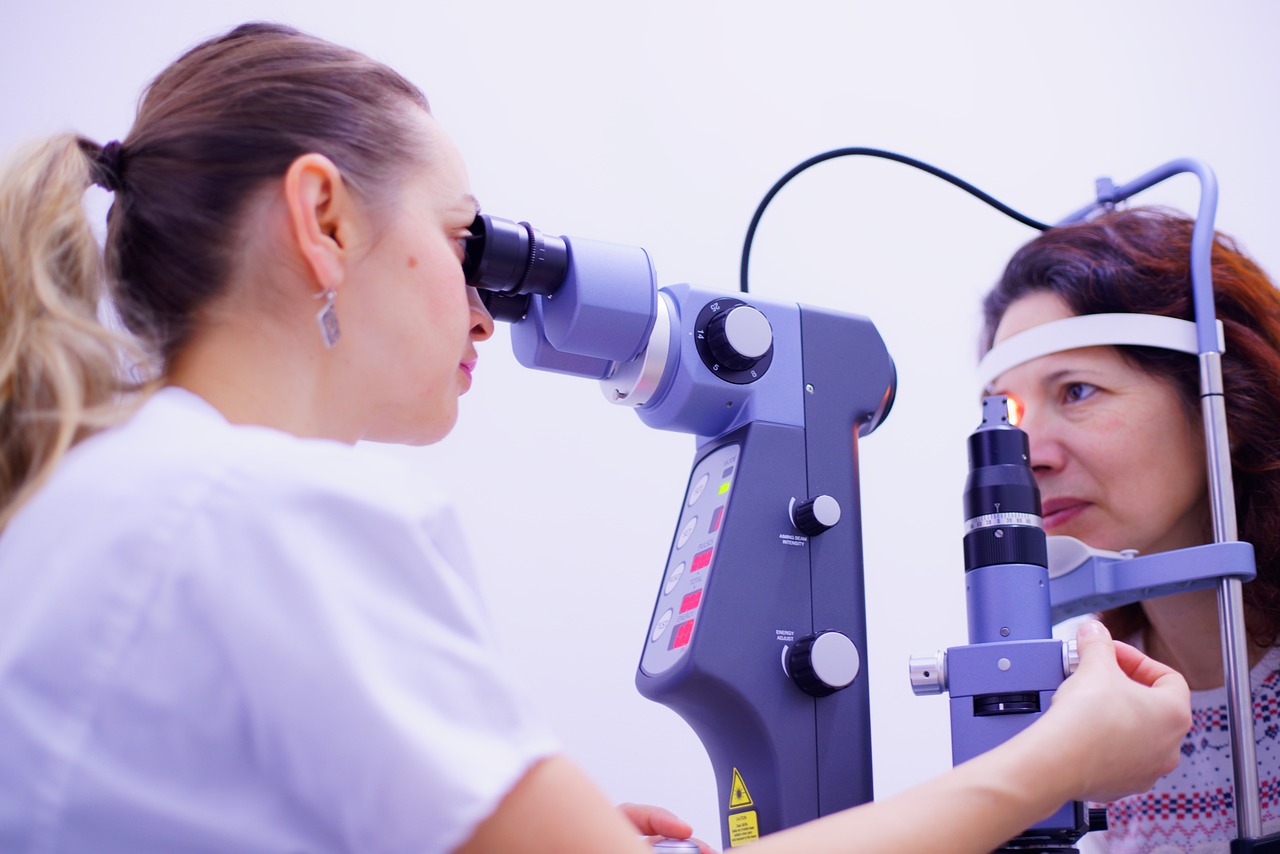Lung cancer is the deadliest and is by far the leading cause of cancer death, making up almost 25% of all cancer deaths. Despite this fact, its treatment is still quite limited because many of the currently available medicines are ineffective.
However, Bacterial therapy showed promising results in treating cancer. In the last five years, this bacterial therapy treatment method has swiftly advanced from laboratory studies to clinical trials. Researchers found that the most effective treatment will be by combining it with other drugs.
Now Columbia Engineering researchers have created a preclinical evaluation pipeline to specialize bacterial therapies for lung cancer treatment. The new approach managed to increase treatment efficacy while minimizing side effects. This approach helped not only in quickly characterizing bacterial medicines but also in successfully integrating them with existing lung-cancer therapy.
Dhruba Deb, the first author of the study and an associate research scientist, said, “We envision a fast and selective expansion of our pipeline to improve treatment efficacy and safety for solid tumors,”
“As someone who has lost loved ones to cancer, I would like to see this strategy move from the bench to bedside in the future.”
The study was published in Scientific Reports on December 13, 2022.






